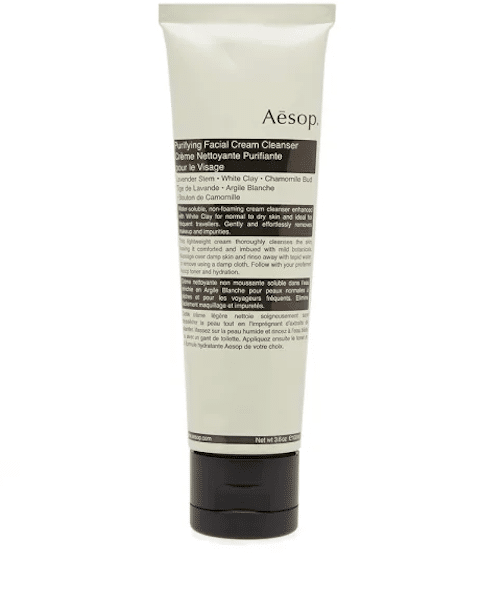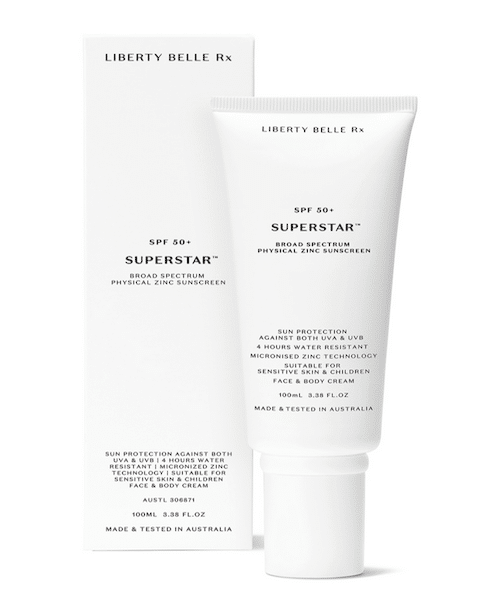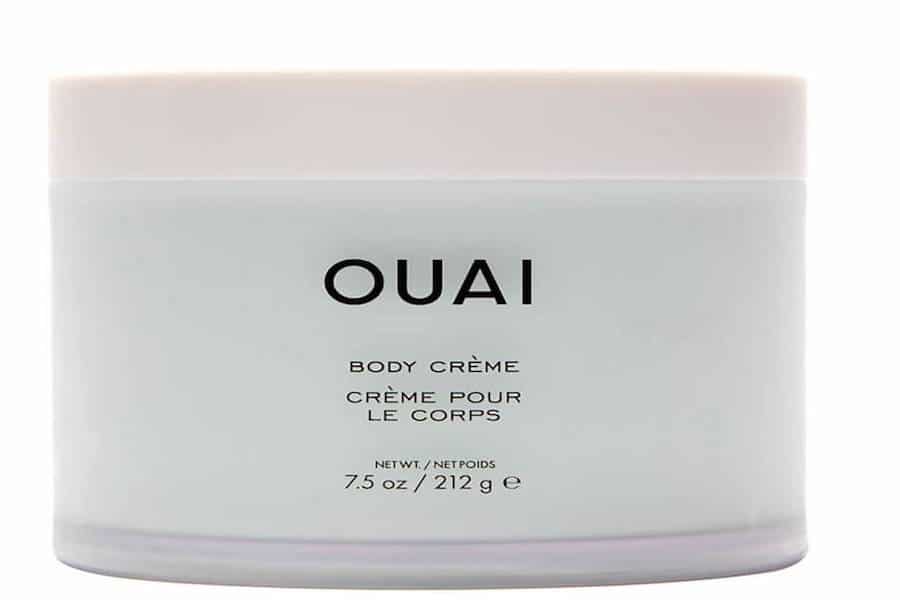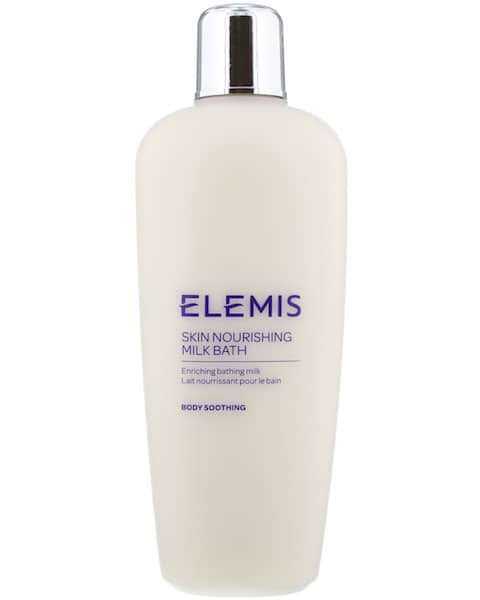
One of the most common skin types, dry skin can often leave those with its characteristics feeling gritty, irritated and taut due to the volatile nature of the epidermis. Understanding what causes dry skin and how to treat it are the first, integral steps in dissecting how to treat your skin to ensure it's feeling supple and hydrated for longer. Read on as we breakdown the fundamentals of dry skin, the at-home treatments and skincare products to apply to help soothe both face and body.
What are common dry skin characteristics?
As with all skin types, there are identifying characteristics of dry skin indicating whether it is your skin type. Symptoms vary between individuals as they are dependent on overall health, age and the underlying cause of your dry skin. Across the board, the most common symptoms include:
- Irritation and itching in concentrated areas and/or across the face and body
- Cracked skin, which may bleed if deep
- Flaking and scaly skin
- Redness
- A feeling of tightness across the skin, which may be heightened after water immersion
- A rough texture on the skin
What causes dry skin?
Dry skin is caused by a variety of genetic and environmental concerns. Typically, dry skin is influenced by external factors, like weather and immersive environments. Common causes of the skin type include:
- Weather: Dry skin is increasingly common in the cooler weather, where the wind chill outside and the heat radiating inside both work towards drying out the skin.
- Soaps and detergents: Abrasive soaps, detergents and shampoos may strip the moisture from your skin as they are made to rid the oil from its surface.
- Skin conditions: Those with eczema, psoriasis or something similar are at a greater risk of having excessively dry skin, regardless of their environment.
- Age: Those older than 40 are more likely to develop drier skin as they age, with less oil produced as the body grows older.
- Prevalence of water: People who swim recreationally or are regularly immersed at least partially in water for work (like hairdressers or produce merchants) may notice drier skin if they are not adequately moisturising in an effort to counteract this.
What can I do to treat my dry skin?
For many, dry skin is often temporary and as evident from the above causes, can be remedied with minor changes to your everyday routine, including:
Regularly moisturising
Moisturisers provide a seal over the top of your skin, preventing water from escaping. Applying moisturiser at least twice a day on your face and at least once a day across your body can help reinforce the moisture in your skin.
Coupled with moisturising, it can be beneficial to apply an oil to your skin while the skin is still moist after a shower or after cleansing and toning your face. As oil has a greater staying power than moisturisers, it can help prevent the evaporation of water from your skin, allowing it to remain supple and moist for longer.
Monitor time spent in water
When bathing, lengthy immersion in water is known to dry out skin and result in the formation of a rough, tight texture across the face and body. Ensuring you are limiting the time spent bathing in water to under 10 minutes where possible is one way to minimise drying exposure to the skin. Alongside this, the water temperature should feel warm rather than hot to help combat dryness.
Avoid harsh soaps
Cream and gentle cleansers are recommended for use on the face and shower gels with added moisturiser for the body for those with dry skin as they are designed to provide hydration and present less risk of stripping the skin, causing further dryness.
Choose your fabrics kindly
Consciously choosing clothing with fabrics designed to soothe the skin is one way to treat dry skin other than with skincare. Natural fibres, like cotton and silk, allow the skin to breathe throughout the day rather than suffocating it. Wool is also another natural fibre worth wearing, however dependent on the wool and make of garment itself, can sometime irritate any skin type due to its texture so this may change for individuals.
What skincare should I be using on my dry skin?
When choosing skincare to apply to your face, first consideration should go to the active ingredients working to target the common concerns of dry skin. These include:
Lactic Acid
A natural active, lactic acid works to soothe dry skin and a gentle Exfoliant working to improve the skin’s natural moisturising ability. When the moisture barrier is intact, hydration is reinforced and minimises the chance of transepidermal water loss to the skin. Not only does lactic acid revitalise the appearance of dullness and dryness, it also allows it to remain hydrated for longer.
Hyaluronic Acid
The ever-popular anti-ageing ingredient, hyaluronic acid is employed to hydrate and soften skin, while also minimise breakouts from clogged pores. As it organically occurs in the body, it has been termed one of the most natural ways to improve skin hydration. Regularly employing with the active included in it will assist the skin to remain supple and plump through frequent hydration boosts.
Aloe Vera
Dry skin often comes in tandem with sensitivity, understandable due to the irritation and redness associated with this type of skin. To help ease aggravations and flare ups on the skin, look no further than aloe vera and its soothing properties. Its cooling and medicinal effects are used frequently for relief from dryness and irritation.
Ceramides
Ceramides are an integral part of the skin’s natural protective barrier, the stratum corneum. Existing between our skin cells, ceramides help seal the barrier to lock in hydration and minimise the risk of irritants embedding into the skin. Including products which contain ceremides in them can help both protect the skin and promote overall longer-lasting hydration.
Including the above actives in your skincare across both the face and body can help ensure your skin is adequately hydrated and rid of excess dryness. Moisturiser, cleanser, toner, a face oil and sunblock are the ideal five products to be using on your face, alongside a body was and lotion across the rest of your body.
Cleanser:
Aesop Purifying Facial Cream Cleanser
Alpha H Balancing Cleanser with Aloe Vera
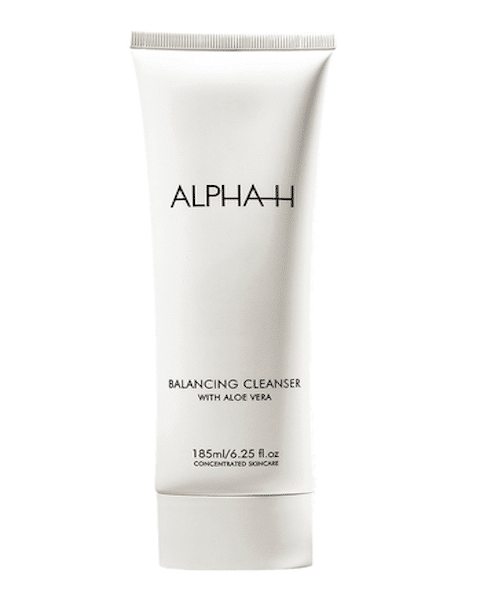
Toner:
Dermalogica Multi-Active Toner
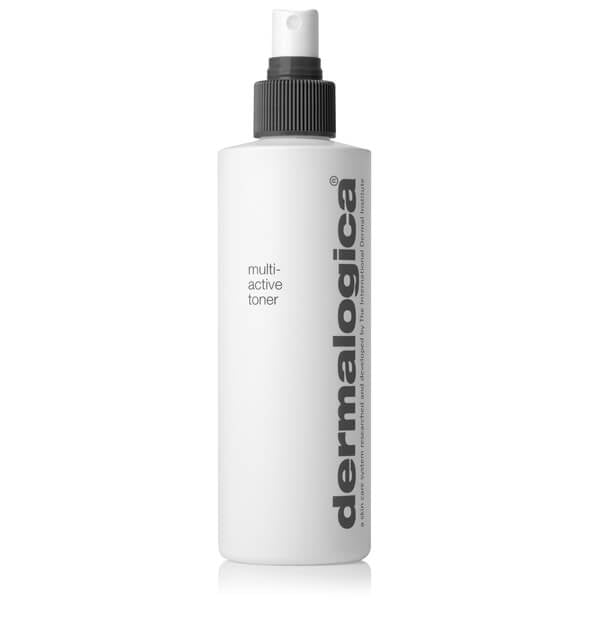
Tatcha The Essence
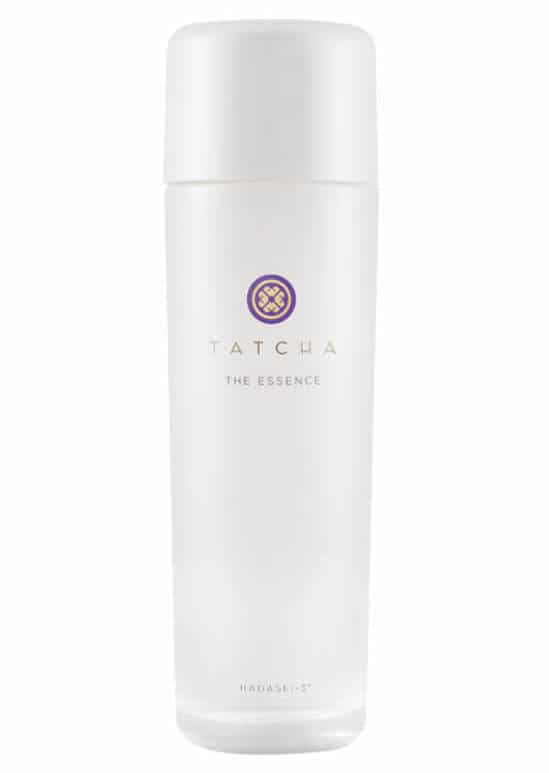
Moistursier:
Augustinus Bader The Rich Cream
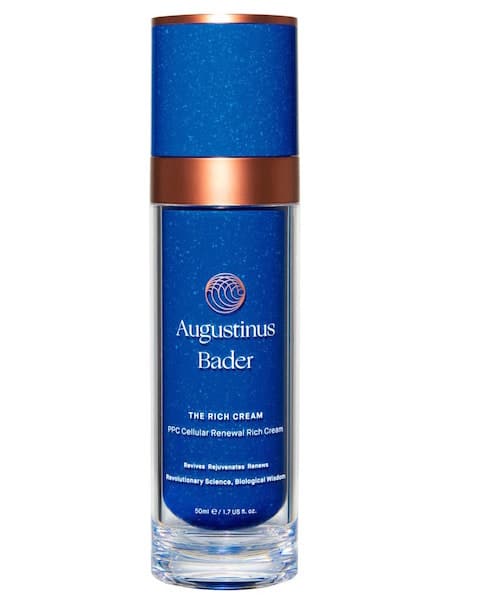
Clinique Moisture Surge Intense Lipid-Replenishing Hydrator
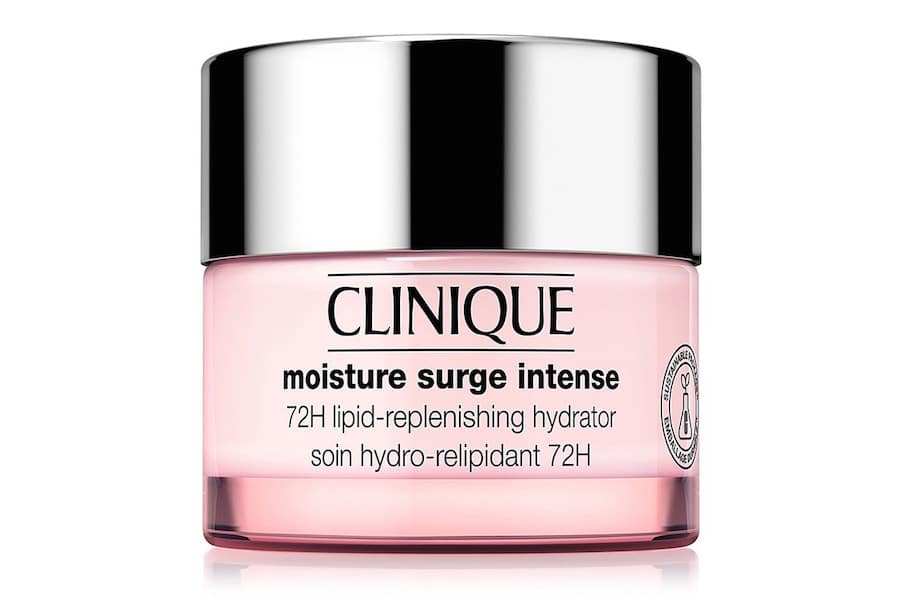
Face Oil:
Go-To Face Hero
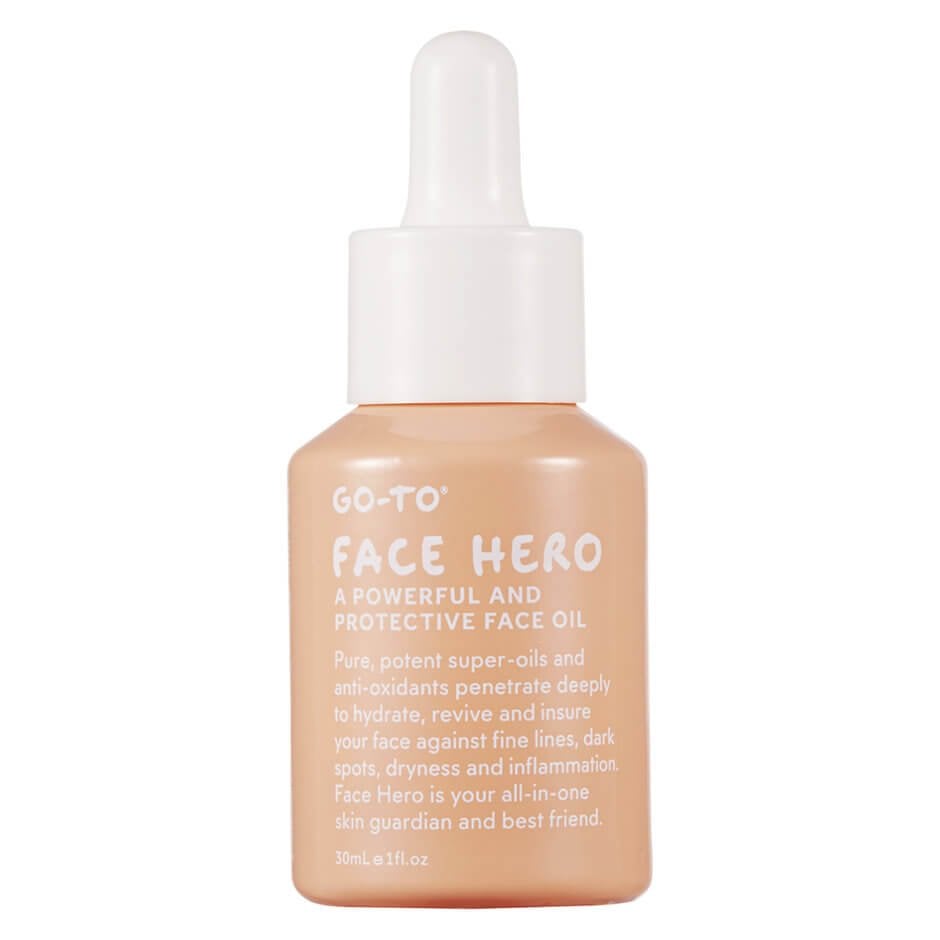
Goop Genes Super Nutrient Face Oil
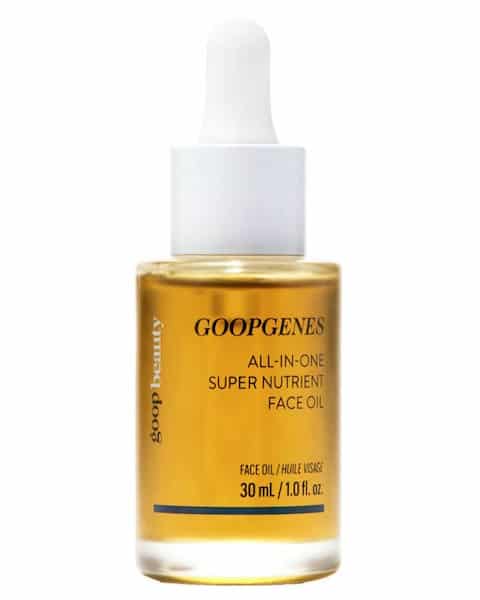
Sunblock:
Emma Lewisham Skin Shield SPF 30
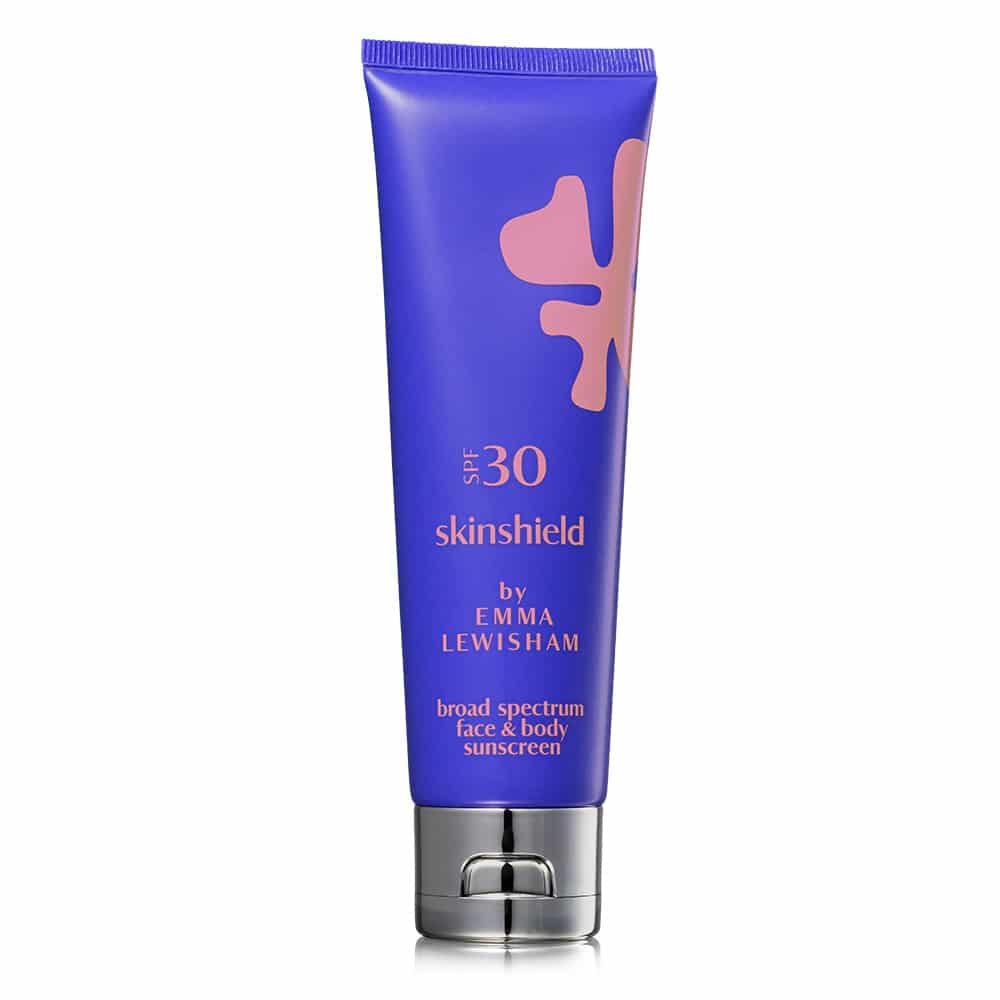
Liberty Belle Superstar Face and Body Sunblock SPF50+
Body Lotion:
Keihl’s Crème de Corps Body Butter
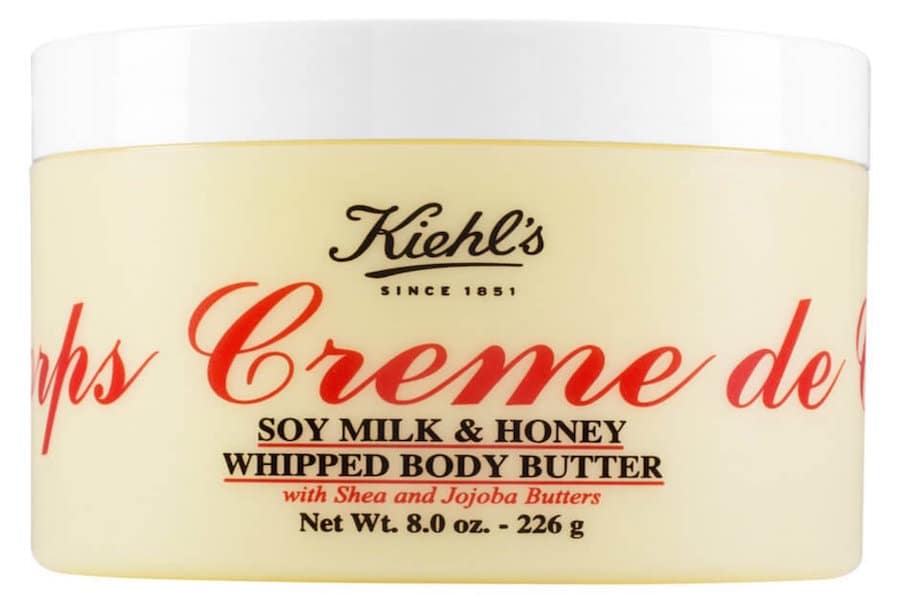
OUAI Body Crème
Body Wash:
Drunk Elephant Kamili Cream Body Cleanser
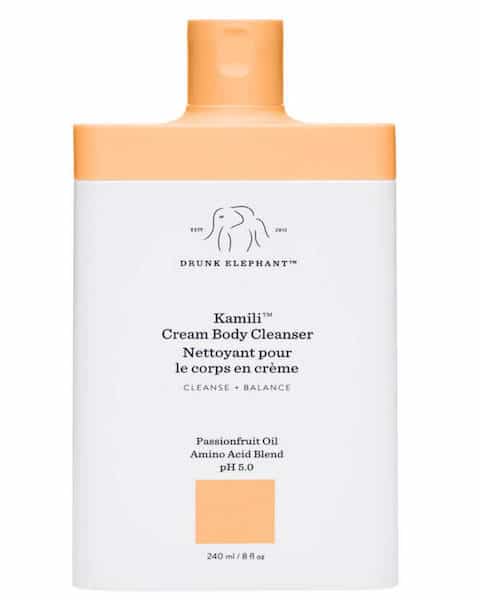
Elemis Silk Nourishing Milk Bath

